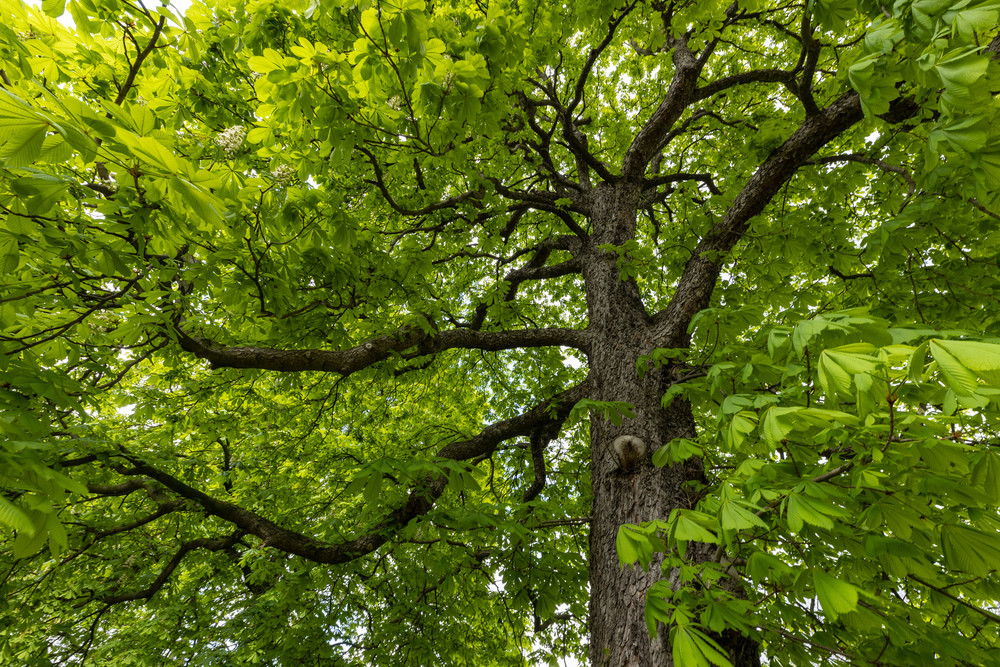Bug-resistant chestnuts to return to The Hague lanes

The Hague will be getting back its characteristic tree-lined lanes now that Wageningen University researchers have discovered a bug-resistant chestnut tree.
Some 65% of the horse chestnuts in The Hague, some of which are up to 140 years old, have been affected by bleeding canker, a disease typical for this type.
The disease, which manifested itself 20 years ago and has since spread across the country, is caused by Pseudomonas syringae pv aesculi, a bacteria which interrupts the sap flow of the tree. A sticky substance resembling blood then forms on the bark.
The Hague city council had asked Wageningen in 2018 to find a solution to the problem. “It soon became clear that the only sustainable solution was to find a resistant, or at least a less susceptible, chestnut tree. And we did,” Wageningen researchers Jelle Hiemstra and Marcel Wenneker told broadcaster NOS.
The researchers monitored 800 young chestnut trees which were injected with the bacteria. “We found there were big differences between the trees. Several lesser-known species were clearly less affected,” the researchers said.
Why the immune system of some species is better able to fight the bacteria is not yet known, they said.
The Hague now has 60 young bug-resistant chestnuts but it will take another four years before they are big enough to be planted out.
Thank you for donating to DutchNews.nl.
We could not provide the Dutch News service, and keep it free of charge, without the generous support of our readers. Your donations allow us to report on issues you tell us matter, and provide you with a summary of the most important Dutch news each day.
Make a donation